Diesel technology experienced a renaissance in the passenger-car world in the early 2010s. Advances in fuel delivery and emissions-treatment technology produced smaller, quieter engines that delivered fantastic fuel economy, were easy to live with and offered lots of power and stump-pulling torque relative to their small displacements.
Volkswagen and Audi spearheaded the effort with their “Clean Diesel” campaign. However, in their push for diesel domination, they cheated emissions laws around the world. Now that the fiasco known as “Dieselgate” has passed, you may see more of these diesel cars on the road. You may even want to buy a recalled VW diesel yourself.
What happened to those recalled VW diesels?
Volkswagen was forced to buy back the affected cars and fix their emissions-cheating software and parts. The cars can now be sold again, often at absolutely killer prices.
I own a 2013 Jetta Sportwagen TDI that’s had the emissions fix done, and my experience has been positive. While the 3.0L V-6 TDI models were also affected, and you can get one at a reasonable price as well, I’ll spend most of this article talking about 2.0L TDI models.
The origin of Dieselgate
“Dieselgate” dominated the news in 2014 when VW admitted to cheating emissions rules. The scandal’s origin has roots in an unlikely place.
Three West Virginia University students had conducted real-world emissions testing using a mobile emissions tester on the new “Clean Diesel” vehicles beginning to permeate the American market.
After they crunched the numbers, they discovered a major discrepancy. While the cars performed well on the dyno, they emitted up to 40 times the NOx (nitrogen oxide) on the road due to an ECM program that deactivated certain emissions controls when the car was driven on the road.
Ultimately this information made its way to the California Air Resources Board (CARB) and the Environmental Protection Agency (EPA). As we all know now, VW was forced to buy back all its cars. And, before they could resell them, they had to fix them to ensure compliance with emissions regulations.
How VW Dieselgate cars were fixed
Model-year 2010-2014 VW Golf, Beetle and Jetta cars (including my Jetta Sportwagen) had a new NOx trap (catalyst), new exhaust-gas recirculation (EGR) filter and new ECM program installed to ensure compliance. The fix resulted in slightly higher EGR flow and more frequent regeneration of the NOx trap and diesel particulate filter (DPF).
The Passat TDI through model-year 2014 used an AdBlue diesel exhaust fluid (DEF) tank and selective catalytic reduction (SCR) aftertreatment to deal with NOx emissions. These cars simply received an ECM reprogramming.
2015 Golf Sportwagens used SCR as well. In these cars, a two-phase fix was implemented. Phase one was a software fix and phase two was new diesel oxidation catalyst (DOC), DPF and SCR modules.
What to check before you buy a recalled VW diesel
Most recalled VW diesels have sat in a holding lot awaiting a fix for quite a while. There’s a holding lot here in the Duluth, Minn./Superior, Wis. area with a few hundred cars alone.
Dealers holding these cars routinely start and run them, rotating them to keep critical systems working and minimize the impact of age, but there are still a few things to pay attention to before you buy a recalled VW diesel.
Check tire condition
One of the most important things to be aware of is the effect of weather on tires and other rubber components of the cars. Make sure they aren’t dry-rotted or otherwise in disrepair. Get underneath and check brake lines, fuel lines, subframe components and CV boots to make sure those aren’t torn, either.
Cold-start the car
Make sure to start the car cold. This ensures the battery provides enough amperage to cycle the glow plugs and quickly fire the engine. Also, make sure there aren’t stored codes in the ECM; the dealer will have a scan tool for that.
Inspect the interior for sun damage
Feel the dash plastic; it should be soft and pliable with no cracking or other UV damage from sitting in the sun for years.
Another important thing to look for is proper sunroof operation. 2010-2014 Jetta Sportwagens are infamous for problems with their panoramic sunroof. If you notice staining on the pillars or headliner, stay away!
It’s also important to properly lubricate the sunroof. AMSOIL Spray Grease makes quick work of this task. Just clean any gunk that’s built up near the tracks and coat with a thin layer of spray grease on the sliding surfaces.
Check the suspension
One last major item to check is the suspension. Move the steering from lock to lock, making sure there are no clicking sounds and no undue resistance in the wheel. Issues indicate problems with the front struts. Also, be aware of any noises heard on a test drive.
Tips to maintain your recalled VW diesel
If you are looking to buy a TDI as your first diesel vehicle, be aware of a couple differences in maintenance practices.
For starters, there is only one Volkswagen-approved oil specification: VW 507.00, which is a low-ash 5W-30 oil. I use AMSOIL European Car Formula 5W-30 Synthetic Motor Oil in my TDI along with an AMSOIL Oil Filter (part number varies with engine type).
In TDIs, it’s safe to run a 10,000-mile (16,000 km) oil-change interval. If your car is equipped with a DSG transmission, service the transmission every 40,000 miles (64,000 km) as well.
AMSOIL Synthetic DCT Fluid is recommended for use in DSG transmissions, and many companies sell replacement transmission filters and seals.
The fuel filter also requires regular maintenance. In a gasoline vehicle, you typically have to change them about every 100,000 miles (161,000 km). In a TDI, change the fuel filter every 20,000 miles (32,200 km). This is due to variability in diesel fuel quality and to protect the high-pressure fuel pump (HPFP).
To change the fuel filter, either visit a dealer or, if you’re a do-it-yourselfer, grab a VCDS cable and software from Ross Tech. This cable allows you to prime the fuel system without starting the car and is critical to extending HPFP life.
Maintain the high-pressure fuel pump (HPFP)
Speaking of the HPFP, it is an extremely important part of the car and can be prone to failure if not treated with care.
In a gasoline direct-injected (GDI) engine, the HPFP operates at around 2,900 psi. In a common-rail diesel, rail pressure can hit 29,000 psi. Understandably, this places a great deal of pressure on fuel-pump internals.
The Bosch CP4 fuel pump can be prone to failure. Fuel lubricates the lower end of the fuel pump, and American diesel fuel is notoriously lower in quality than diesel fuel in Europe.
To remedy this, I use AMSOIL Diesel Injector Clean + Cetane Boost in the summer and AMSOIL Diesel All-In-One during the winter.
These diesel additives increase fuel lubricity. The boost of cetane improves combustion, reducing soot and DPF regeneration frequency while providing improved engine response.
Also, the VW emissions warranty covers this issue up to 4 years or 48,000 miles (77,249 km) from the date of fix. If you want to know when your car was fixed, find the sticker under the hood showing the date of fix. For mileage, visit your local VW dealer with your VIN handy.
Overall, VW TDIs are fantastic cars with a cult following for a reason. I’ve hauled my dogs across the country, towed a trailer, done autocross and everything in between with no issues. The Sportwagen really is a Swiss army knife of a car.
They have some quirks and are a bit different to maintain than a gasoline vehicle, but they’re fun to drive, well-built and return great fuel economy. For the low prices at which you can buy a recalled VW diesel car, you get a lot of car for your money – if you know what to look for.
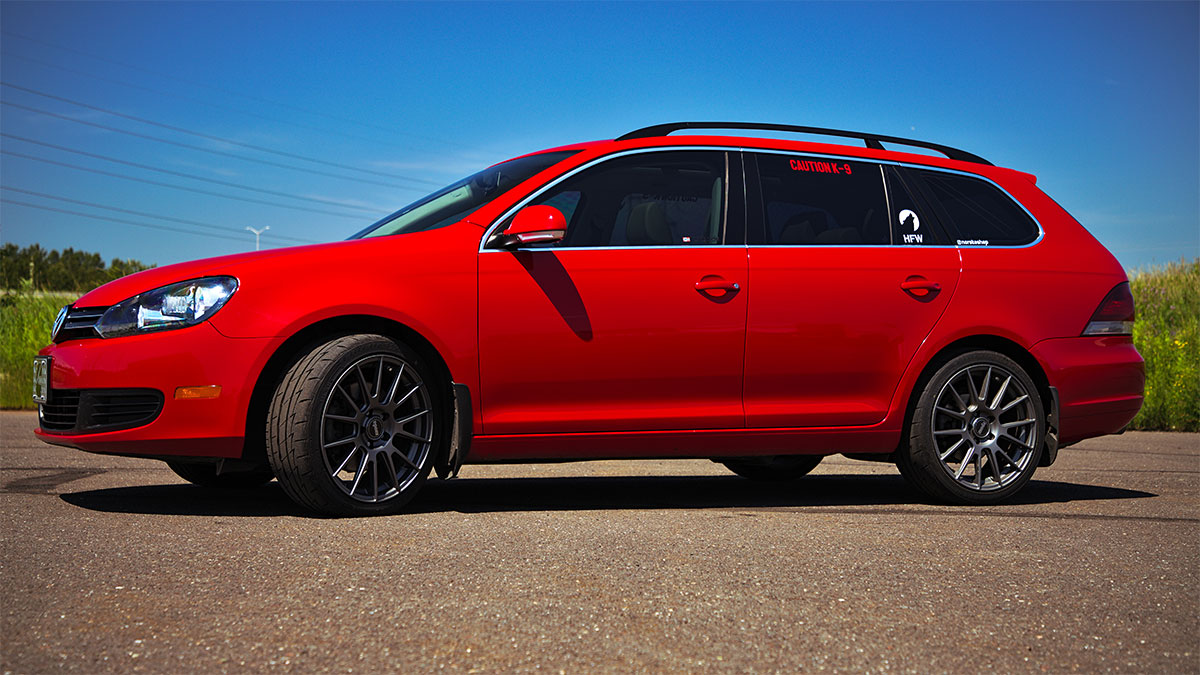

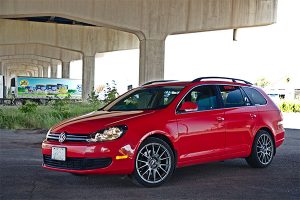

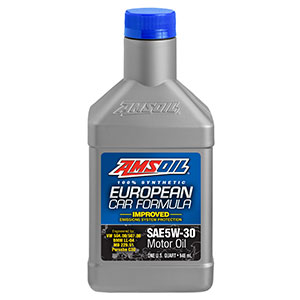
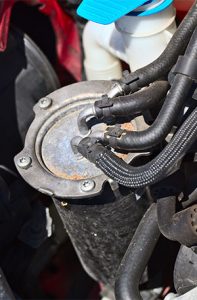
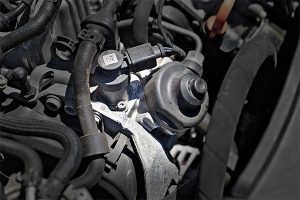
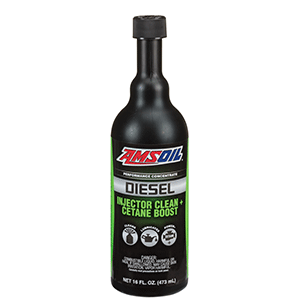
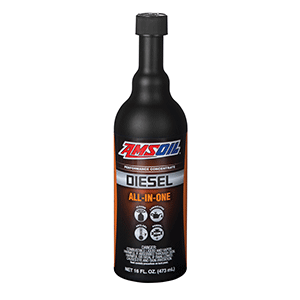
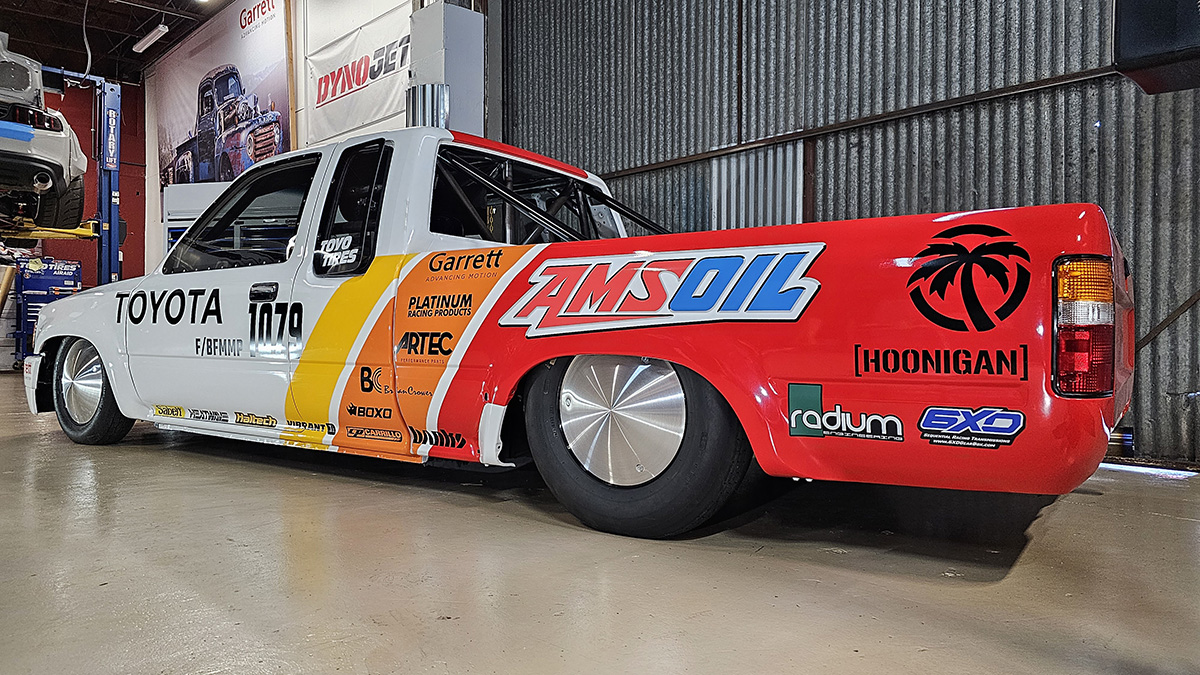
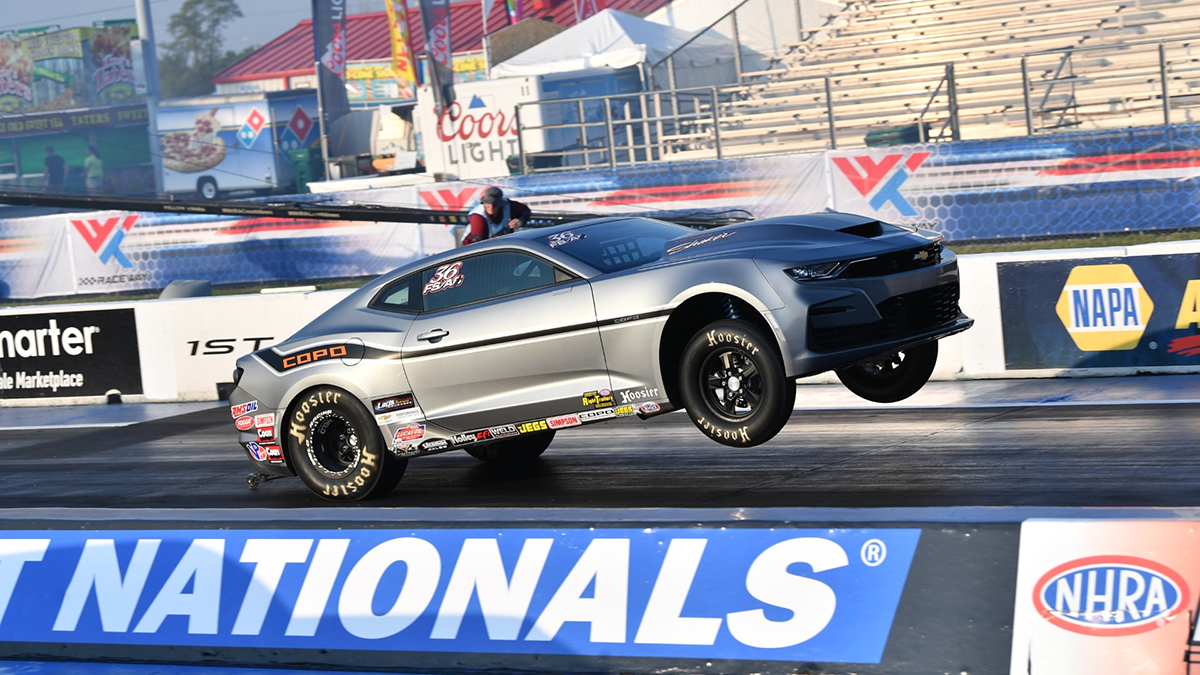
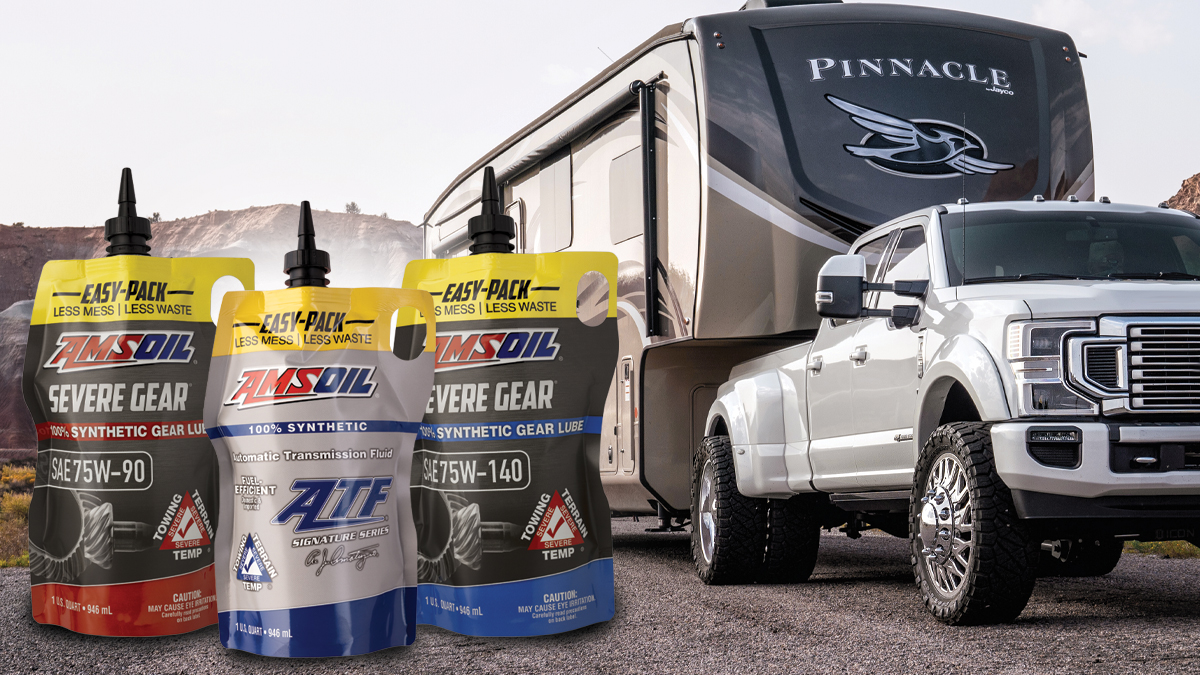
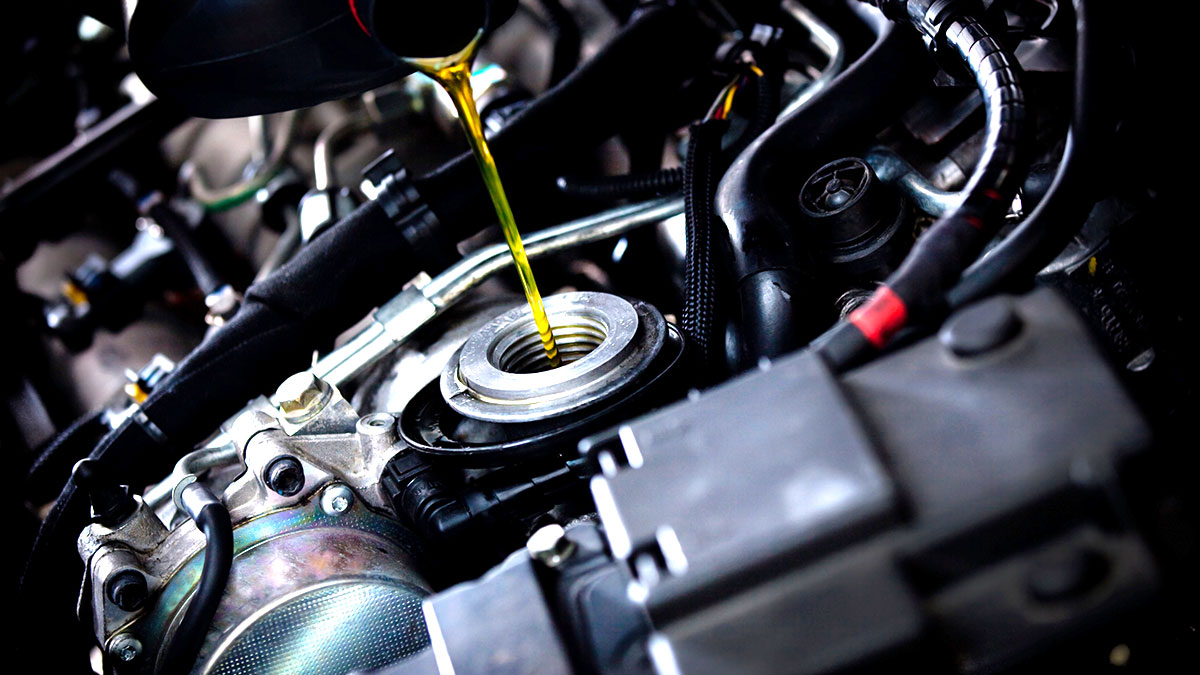
Comments
AMSOIL Senior Product Development Engineer-Powersports
Share: